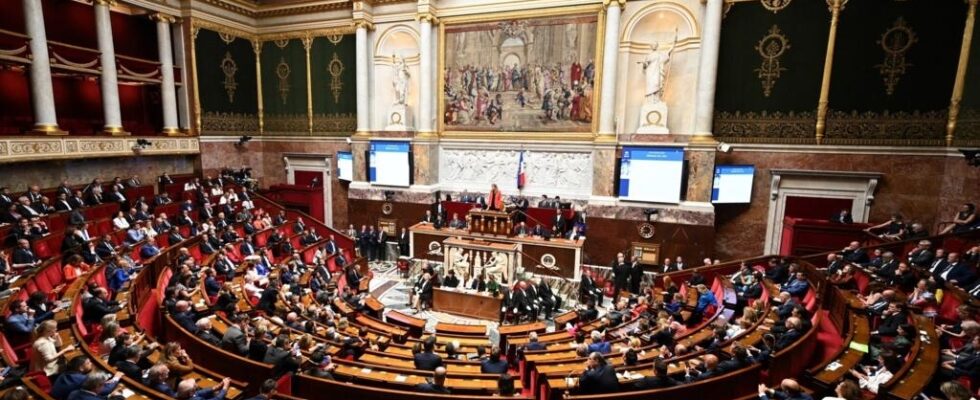After a three-round election, Yaël Braun-Pivet was finally re-elected as President of the French National Assembly on Thursday, July 18. But the day after this vote, negotiations continue in the chamber. Other strategic positions remain to be filled, the quaestorship and the eight permanent committees, and the three blocs present are vying for these high-responsibility missions.
2 min
Among the coveted positions, which will still have to be decided upon within the French National Assembly this Friday, July 19, are the presidencies of the eight standing committeesThey are responsible in particular for examining amendments to legal texts.
To elect their presidents, the same principle applies as for the perch (i.e. the presidency of the lower house): two rounds with an absolute majority, and if necessary, a third with a relative majority.
The most strategic presidency is that of the Finance Commissiontraditionally reserved for an opposition MP. An important position, because the elected official then finds himself with the power, for example, to control the state budget.
The Office of the Assembly
It will also be necessary to form the office of the National Assembly, composed in particular of six vice-presidents and three quaestors, responsible for the Palais Bourbon and its budget.
In total, 21 positions will be allocated through a points system. The more MPs a group has, the more points it has, and can therefore position candidates for these positions. But if the groups cannot agree on the distribution of positions, they will have to vote. Note that at least one of these members must be elected from the opposition.
The left has already planned to oppose the election of National Rally deputies to these key positions, like Macron’s party, which also wants to exclude France Insoumise. The outcome of these elections is therefore just as uncertain as the election to the perch was.
Read alsoFrance: Yaël Braun-Pivet re-elected as President of the National Assembly thanks to an agreement with the right
